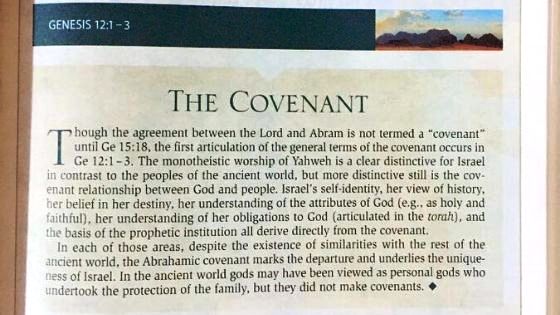The Abrahamic Covenant Explained
The Bible mentions several covenants that God made with certain individuals or a group of people, such as the covenant in Eden (Genesis 2:15-17), the covenant with Adam (Genesis 2:14-21, the covenant with Noah (Genesis 9:1-9), the covenant with Abraham, etc. But unlike the first three which were God’s general provisions for the entire human … Read more

